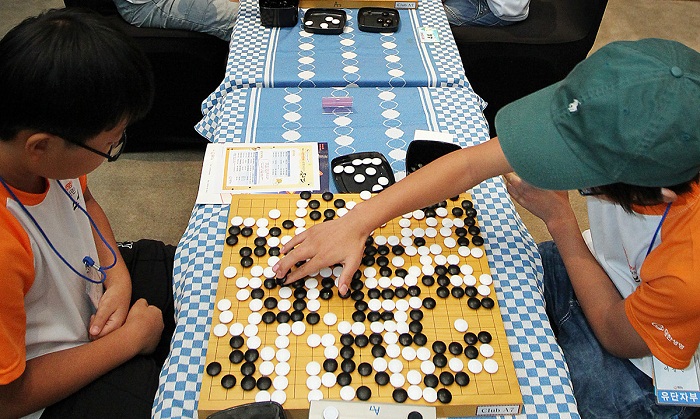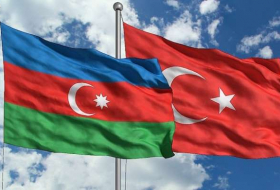“Last night was very gloomy,” said Jeong Ahram, lead Go correspondent for the Joongang Ilbo, one of South Korea’s biggest daily newspapers, speaking the morning after Lee’s first loss. “Many people drank alcohol.”
Wariness of AI already has deep roots all over the world. Films like The Terminator influenced it, and people like Stephen Hawking and Elon Musk have made public warnings of AI’s future power. But AlphaGo’s schooling of Lee carries extra bite where Go holds a central place in the cultural legacy.
“Koreans are afraid that AI will destroy human history and human culture,” said Jeong. “It’s an emotional thing.”
It is perhaps the perceived beauty of AlphaGo’s moves, that it beat Lee not mechanically, but wonderfully, that has ruffled the most feathers. “AlphaGo actually does have an intuition,” Google co-founder Sergey Brin told New Scientist hours after his firm’s series-clinching third victory, which he’d flown in to witness. “It makes beautiful moves. It even creates more beautiful moves than most of us could think of.”
This ability to make beauty has left many shaken. “This is a tremendous incident in the history of human evolution – that a machine can surpass the intuition, creativity and communication, which has previously been considered to be the territory of human beings,” Jang Dae-Ik, a science philosopher at Seoul National University, told The Korea Herald.
“Before, we didn’t think that artificial intelligence had creativity,” said Jeong. “Now, we know it has creativity – and more brains, and it’s smarter.”
As Lee’s losses stacked up, I kept getting worried messages from my Korean friends. “I thought it might be fun to watch, but now it’s getting really scary,” one of them said. Another told me: “Thinking that these AIs are only accessible to a few groups and people – it is scary.”
Headlines stacked up in the South Korean press too: “The ‘Horrifying Evolution’ of Artificial Intelligence,” and “AlphaGo’s Victory… Spreading Artificial Intelligence ‘Phobia’.”
Some are upbeat that the impact of Lee’s loss will spark a revolution in education and learning in South Korea. “We’re very weak at AI,” says Lee Seok-bong, a journalist for South Korean science website HelloDD.com. “Up to this point, Korean people didn’t know much about AI. But because of this match, every Korean knows about it now.”
More about:
















































